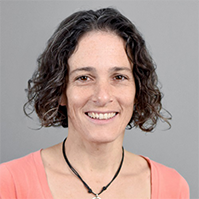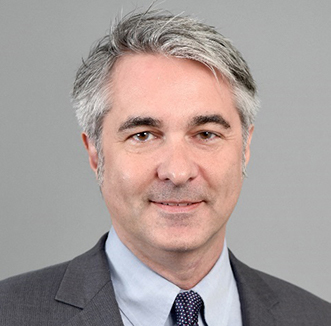Deborah Salon
Assistant Professor, ASU School of Geographical Sciences & Urban Planning
Dr. Salon holds a PhD in Agricultural and Resource Economics from the University of California, Davis, and is currently an Assistant Professor at Arizona State University. Before joining ASU, she completed a post-doctoral fellowship at Columbia University's Earth Institute and subsequently held a research appointment at UC Davis's Institute of Transportation Studies. Professor Salon studies transportation in cities with the goal of contributing to our collective understanding of how these systems work, and how policies and smart investments might improve them.
David King
Assistant Professor, ASU School of Geographical Sciences & Urban Planning
Dr. King has been an Assistant Professor at Arizona State University since 2016. He researches the codependence of transportation and land use planning along with transportation finance and economics. Of particular interest are transportation policies such as parking management, taxi services and microtransit. His current research focuses on taxi and jitney services, informal transit, street design, and how new technologies affect transportation finance and local policy. Professor King is a member of the Transportation Research Board’s Paratransit Committee and frequently consults with private firms and public organizations about challenges and opportunities in passenger travel, especially with regard to demographic and technological change.



